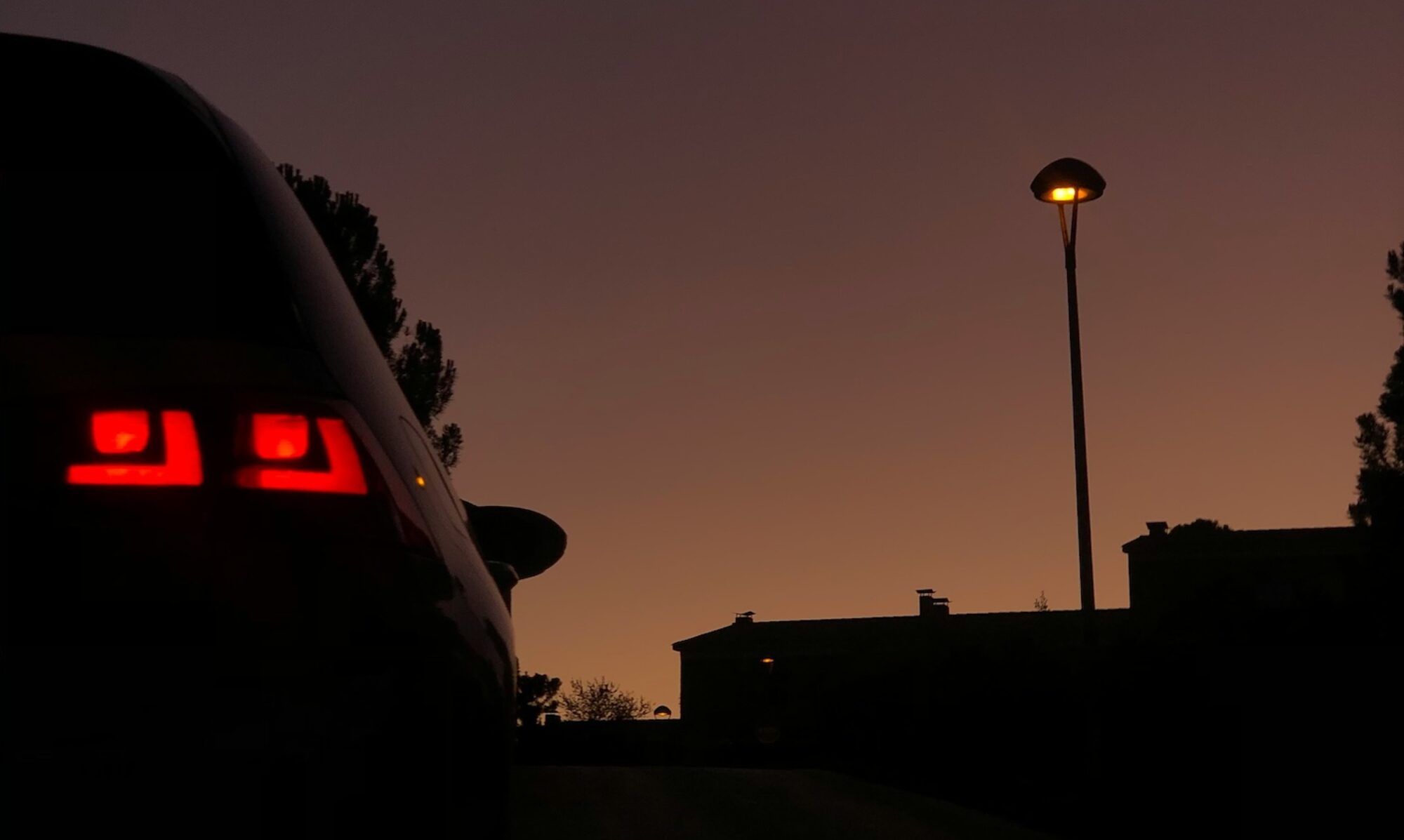Gotta’ love our leaders.
We choose men and women to lead us because of their ideas and intelligence, courage and creativity. However, sometimes all of the above veil integrity — or the lack of it. Yes, sometimes we perceive our leaders’ actions or orations as so brilliant, we forget that actions and orations cannot substitute for what is deeper — for those motivations of the heart and soul that are often repackaged and massaged for the world to see in a more pleasing form, even if the ethical motivations don’t truly exist. In other words, perceived integrity is often false; it isn’t authentic. It’s more a personal marketing scheme.
The challenge is that we aren’t capable, consistent barometers of discerning those schemes. In fact, I often wonder if it is our emotions that cause us to assume integrity… because a leader makes us feel a certain way when they speak — when they do something good — they must be a good man… they must be a good leader. And so we allow their ideas and intelligence and courage and creativity to cover up for what most needs to exist.
I had to laugh seeing such on the NBA floor last week. And truthfully, since the context was on the hardwood and not affecting so many people or policy, it was far easier to chuckle and almost applaud the creativity; the creativity was brilliant!
According to USA Today:
With eight seconds remaining and the Nets with no timeouts left, [Brooklyn Nets coach Jason] Kidd subbed in Mirza Teletovic for Tyshawn Taylor. As Taylor headed to the bench, he bumped into Kidd, spilling Kidd’s soda on the court. The liquid needed to be cleaned up, giving the Nets, who were trailing 97-94, time to huddle and draw up a three-point shot…
According to amateur lip-readers, Kidd said, “Hit me,” to Taylor…
“Sweaty palms,” Kidd explained after the game. “I was never good with the ball.”
Taylor also tried to say it was an accident. “It might ice a free-throw shooter and be a timeout when you don’t have one. But that wasn’t the thought process,” Taylor said.
So Kidd can’t lead his team within the rules, so he designs a masterful way to accomplish what he desires anyway — and then, lies about the incident. He’s dishonest in all immediate, succeeding interviews. Even more remarkable, the player involved, Tyshawn Taylor, a loyal follower of this leader, also lied in all immediate, succeeding interviews. He even exasperated the lies, saying, “Coach was in my way…’Coach, get outta my way, bro.’”
Again, the leadership is brilliant! Way to be creative! Way to accomplish what you feel needs to be accomplished! Way to get your loyal followers to toe the party line! Ah, but the end result is more important than the integrity of the process. I wonder if that’s wise.
I wonder where else that happens… when else that happens… when integrity is so brilliantly veiled by actions and orations… when those actions and orations cover all else up… when we are seduced into thinking that’s wise leadership… when we applaud the creativity because of how we feel… when we are again inaccurate barometers of authenticity.
At least Jason Kidd’s intentional deception was caught on camera. My sense is that such isn’t always the case.
Respectfully,
AR
